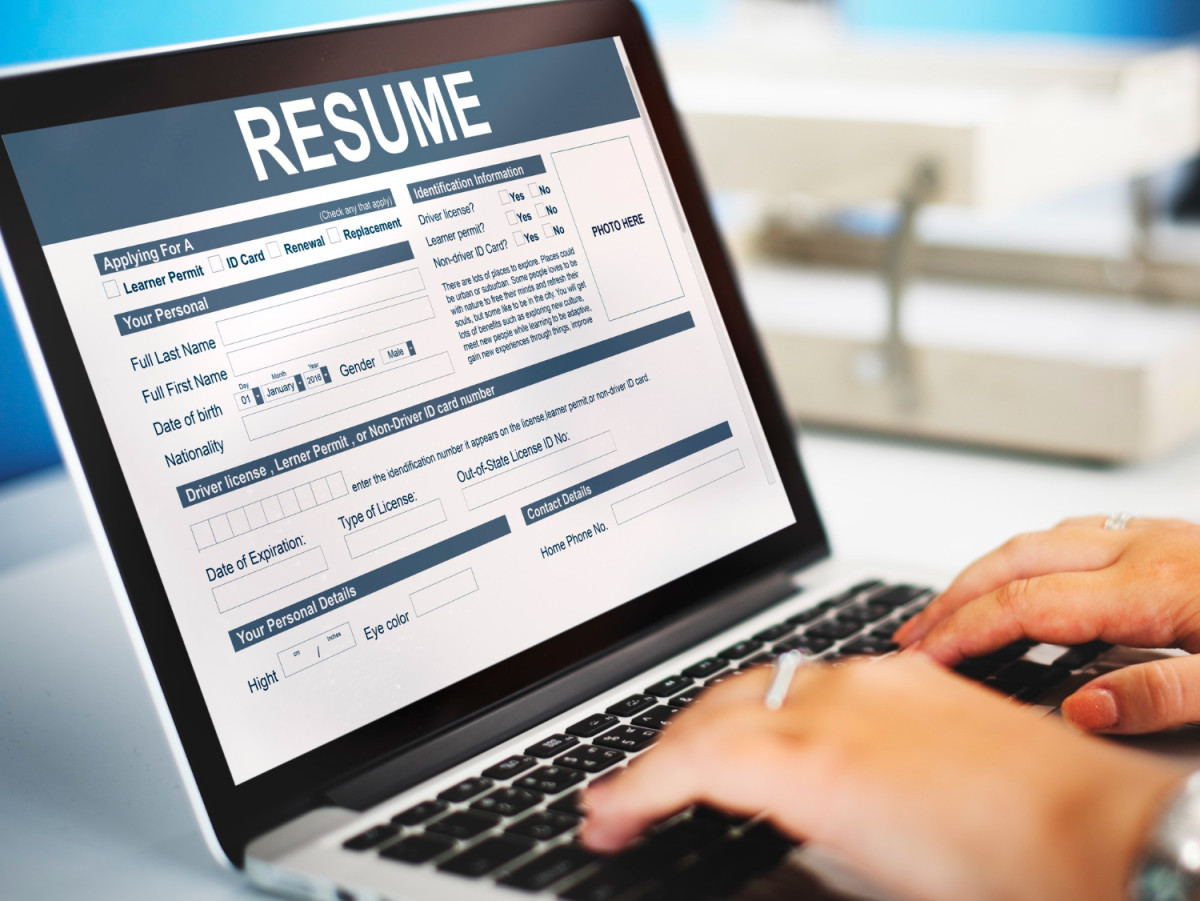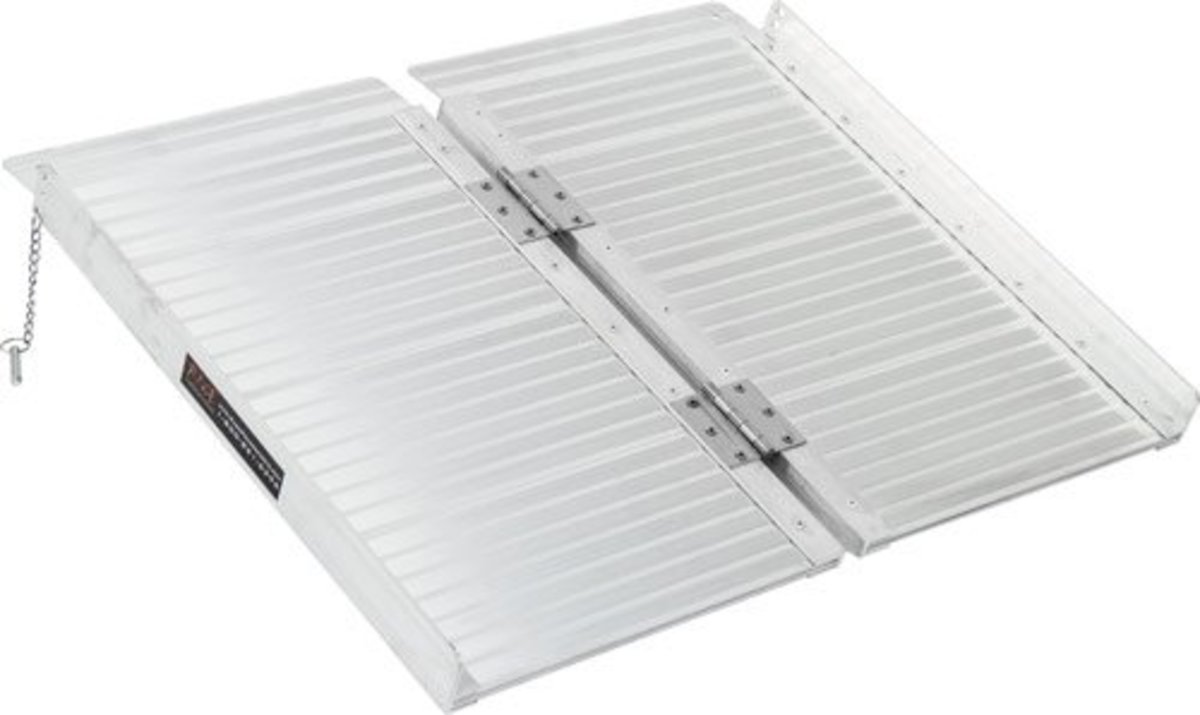Challenges Facing Voters with Disabilities
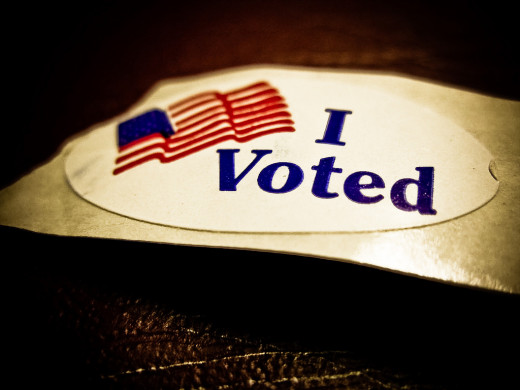
Voters across the United States will be exercising their rights to vote in November. For voters with disabilities, election time can be one of the most important opportunities to let their voices be heard. Whether it’s voting for candidates that support disability legislation or voting on measures that could improve the lives of those living with disabilities, there is no better way to impact your community than by casting your vote.
How often do you vote?
People with disabilities, like many minorities, have a long history fighting for equal civil rights and that also includes the right to exercise their free speech through voting in elections. Many Americans are most familiar with the suffrage movement and the fight many of our ancestry women fought to be able to vote alongside men. Much like the women’s suffrage movement, people with disabilities have had a long history of gaining the privilege to vote.
1965 - Citizens with disabilities gained legal protection to vote in the U.S. For many years following, however, accessibility was still an issue, building a barrier to many people’s ability to get to the polls.
1980s – In the 1980s, the original 1965 act was expanded to allow people who were blind or disabled to bring an assistant while voting and we saw the first introduction of aides in polling places.
1990 – Americans with Disabilities Act (ADA). There were almost 30 years between 1965 and when the Americans with Disabilities Act was passed which increased accessibility and equal rights for people with disabilities across the country.
With people with disabilities having a relatively recent history with equal access to voting, it is more important to ever to exercise your right and responsibility to let your voice be heard.
Why you should vote if you have a disability
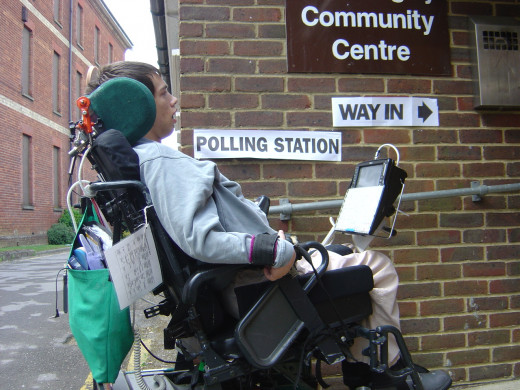
-
To voice your opinion about legislation that could potentially affect issues like accessibility, medical care, prescription coverage, etc.
-
Voting gives you a sense of pride in your community and your country.
-
Voting gives you ground to stand on to voice complaints and concerns about the state of affairs. If you vote, you have every right to disagree or try to make current situations better.
-
Many oppressed people of the past sacrificed greatly in the fight for equal rights to vote. Honor that heritage and exercise your right at the polls.
-
You really can make a difference! The Americans with Disabilities Act which gives us many liberties we enjoy today wouldn’t have been passed if it wasn’t for people going to the polls to cast their vote!
-
Voting helps you set a good example. If those of us who face physical or mental challenges can get to the polls so can everyone else.
-
Voting empowers you to take control over your own life. You have an opinion and should express it to vote for the issues that will help improve conditions for yourself and others.
-
Only you truly know what it’s like to be disabled. Don’t let others who do not have your firsthand experience determine rules and regulations that will ultimately affect your quality of life.
Know your rights as a voter with a disability
The Presidential Commission on Election Administration estimates that about 1 out of every 7 person of voting age in the US has a disability, but there is a significant portion of that ratio who does not exercise their right to vote.
Perhaps this is because of accessibility issues, lack of transportation to polling locations, or lack of assistance they have to complete their ballot. Lack of knowledge and knowing fully our rights as disabled voters could also contribute to the lower voter turnout.
In general, people with disabilities vote at a much lower rate than the general voting age population without disabilities, so get out there! Know your rights as a voter below:
Your rights as a voter with a disability
You must register before you can vote.
| All polling places must be accessible to voters with disabilities.
| You can obtain assistance completing your ballot.
|
You can use whatever method you normally use to sign your name.
| If you cannot enter the polling place curbside voting is available.
| Poll workers cannot mandate curbside voting for any voter.
|
If you have a developmental disability, you have the right to vote.
| If you are under guardianship, you have the right to vote.
| Discrimination during the voting process against people with disabilities is prohibited.
|
Tips for voting with a disability
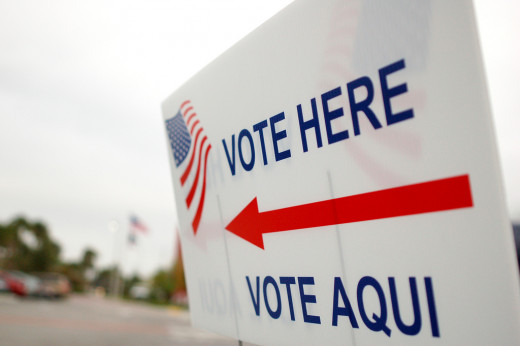
Call your polling place ahead of time and ask about their accessibility. Be specific. Don’t ask “is the polling facility accessible?” because what you as the person with a disability considers accessible and what an able-bodied volunteer at your polling place might consider accessible can be 2 very different things.
-
Ask exactly where the polling place is located. If it’s in the basement or in a church, ask if there is an elevator. If not, ask how the polling place will accommodate those with disabilities that can’t navigate stairs.
-
Consider early voting or absentee voting to vote from the comfort of your own home.
-
You can also call your district or polling place and ask if they have braille ballots available or where you can obtain one. By law, every American over 18 years of age has a right to vote, so if your polling place does not have a ballot to accommodate you, they need to tell you where you can find one.
-
Know that a voter with a disability may receive assistance from any person they choose, except their employer or a union agent.
How you can help improve accessible voting
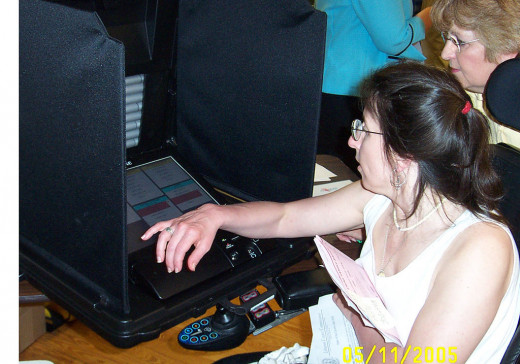
-
If you want to improve the voting experience for votes all across the country with disabilities, get involved!
-
Volunteer to work at your polling place during the next election.
-
Is there an issue or candidate you are passionate about? Call your legislators and representatives and let them know how you feel. Let them know you have a disability, that you have first-hand experience, and how the issue will impact not only you but the entire disability community.
-
Help gain awareness for political issues important to the disability community. Share them on social media, send letters to your representatives, and submit letter to the editor of your local newspaper to reach a broader audience.
-
Work with local disability organizations and help encourage your disability network to get out to the polls or vote absentee.
To learn more about why the vote of people with disabilities matters, check out the video below.
Your Vote Matters: The Voting Rights of People with Disabilities
So what are you waiting for? Get out there and let your voice be heard! All of our voices are equally important on Election Day and can help make a real difference on our current communities and build a better future for the upcoming generation that faces disability related issues.
Are you someone with a disability who always exercises their right to vote? Are you someone with a disability who has a lot of questions around the voting process? Share your thoughts and experiences in the comments below!


